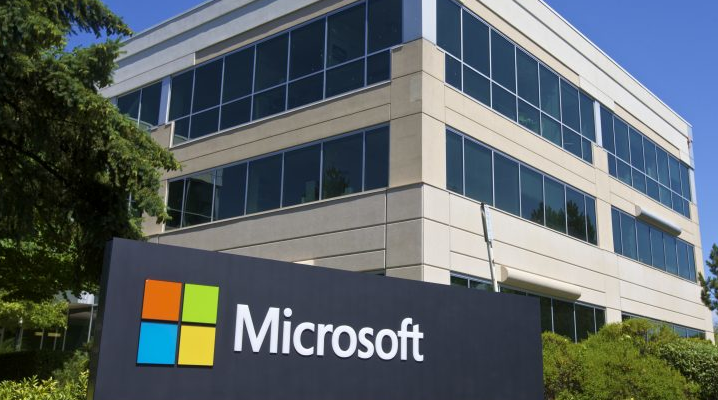Microsoft Corp. will change its business practices in the productivity software market to address antitrust concerns raised by the European Union.
The European Commission, the EU’s executive arm, announced the development today. Regulators could have potentially fined Microsoft over the business practices that it’s revising. The changes made by the company will enable it to avoid antitrust penalties.
In 2020, Slack submitted an antitrust complaint to the European Commission over Microsoft Teams. The collaboration service ships as part of Microsoft 365, the productivity suite that includes Word and Excel. Slack argued that this bundling gives Teams an unfair advantage over competing collaboration services.
Last year, another Microsoft rival called alfaview GmbH raised similar concerns to EU officials. The complaints prompted the European Commission to launch two investigations into the matter. At the conclusion of the probes, officials tentatively determined that Microsoft had breached the bloc’s competition rules.
The EU found that the tech giant’s decision to include Teams in Microsoft 365 gave the collaboration service an “undue competitive advantage in terms of distribution.” Furthermore, regulators took issue with Microsoft 365’s third-party software interoperability features. The European Commission determined that Microsoft limited rivals’ ability to integrate their collaboration tools with the product suite.
Last year, the company updated Microsoft 365 in a bid to address regulators’ concerns. It introduced a set of subscription tiers that don’t include Teams. Additionally, Microsoft proposed to make it easier for third-party developers to integrate their software with Microsoft 365 products.
EU officials found the offer to be insufficient. In response, Microsoft submitted a revised proposal with an expanded set of antitrust commitments. The updated offer was officially accepted by the European Commission today.
Microsoft 365 plans that don’t include Teams cost less than standard subscriptions. As part of its antitrust commitments, Microsoft will “increase the price difference” between plans that feature the collaboration service and those that don’t by 50%. Additionally, the company pledged not to give customers larger discounts if they buy Microsoft 365 subscriptions that include Teams.
One of the antitrust commitments focuses on the company’s marketing practices. According to the EU, Microsoft websites that advertise Microsoft 365 plans featuring Teams will also promote subscriptions without the service. Additionally, the company has agreed to publish information about Microsoft 365’s third-party integration and data portability features on its developer websites.
Most of the commitments will remain in effect for seven years. The sections of the agreement that focus on third-party integrations and data portability will remain in effect for a decade. According to the European Commission, officials will appoint a monitoring trustee to check that Microsoft complies with the commitments.
“We appreciate the dialogue with the Commission that led to this agreement, and we turn now to implementing these new obligations promptly and fully,” said Nanna-Louise Linde, Microsoft’s vice president of European government affairs.
Photo: Microsoft
Support our mission to keep content open and free by engaging with theCUBE community. Join theCUBE’s Alumni Trust Network, where technology leaders connect, share intelligence and create opportunities.
- 15M+ viewers of theCUBE videos, powering conversations across AI, cloud, cybersecurity and more
- 11.4k+ theCUBE alumni — Connect with more than 11,400 tech and business leaders shaping the future through a unique trusted-based network.
About News Media
Founded by tech visionaries John Furrier and Dave Vellante, News Media has built a dynamic ecosystem of industry-leading digital media brands that reach 15+ million elite tech professionals. Our new proprietary theCUBE AI Video Cloud is breaking ground in audience interaction, leveraging theCUBEai.com neural network to help technology companies make data-driven decisions and stay at the forefront of industry conversations.









